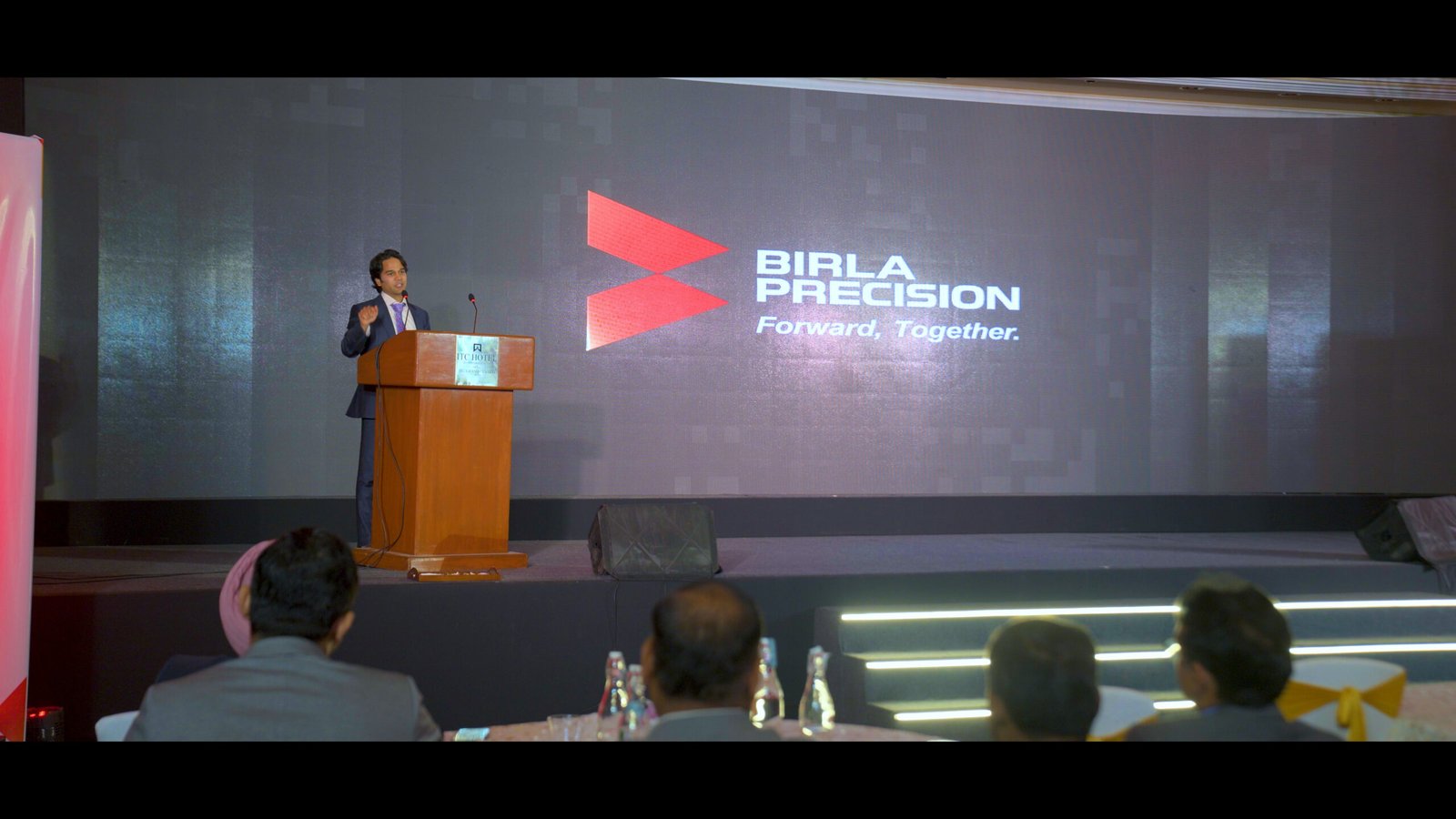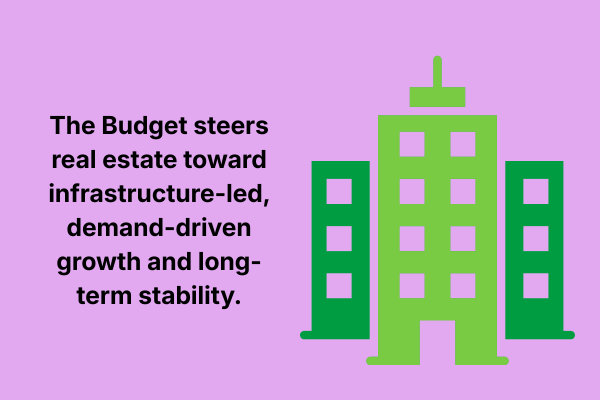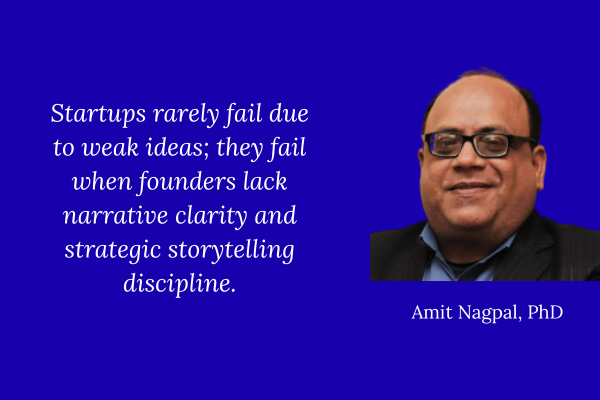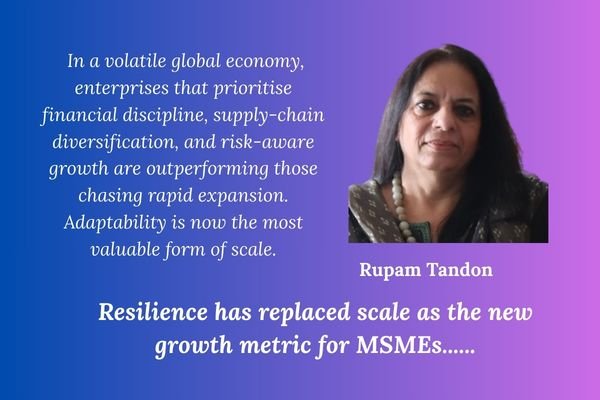The 70-Hour Workweek: A Ticking Time Bomb for SMEs
In the relentless pursuit of success, many SMEs fall prey to the myth of the 70-hour workweek. But this “badge of honor” can quickly become a burden, crushing productivity, innovation, and the very health of employees. This article exposes the hidden costs of overwork for SMEs and reveals actionable strategies to build a sustainable, thriving business that values both results and well-being.
Overwork is more than a health risk—it’s a threat to productivity and sustainability, especially for SMEs. Studies by the WHO and ILO reveal that working 55+ hours weekly significantly raises the risk of stroke and heart disease, with 745,000 deaths linked to prolonged hours in 2016 alone. For SMEs, whose success hinges on human capital, chronic overwork leads to cognitive decline, impaired creativity, and absenteeism. The productivity paradox is clear: longer hours diminish critical thinking and problem-solving, undermining the very qualities that drive innovation and growth.
In the technology and knowledge-driven industries, the 70-hour workweek is often viewed as a badge of commitment and ambition. For small and medium-sized enterprises (SMEs) and their knowledge workers, the pressure to adopt such work patterns can be overwhelming. Tight deadlines, limited resources, and the drive to innovate often lead to extended hours. However, this relentless pursuit of excellence raises a critical question: Does the 70-hour workweek foster exceptional outcomes, or does it undermine the very foundations of growth, sustainability, and innovation for SMEs?
The Hidden Costs of Overwork
For SMEs, where resources are limited and every individual’s contribution is vital, the costs of overwork are particularly severe. Prolonged working hours may initially seem necessary to achieve key milestones or scale operations. However, when entrenched as a norm, this approach exacts a heavy toll on employees’ physical health, mental well-being, and productivity—qualities indispensable to knowledge-driven enterprises.

Medical research has consistently shown the dangers of overwork. A joint study by the World Health Organization (WHO) and International Labour Organization (ILO) (2021) revealed that working 55 hours or more per week increases the risk of stroke by 35% and ischemic heart disease by 17%. In 2016 alone, prolonged working hours were linked to 745,000 deaths from these diseases—a 29% rise since 2000.
These health risks translate into tangible costs for SMEs. Chronic overwork leads to diminished cognitive performance, impaired creativity, and higher absenteeism. Research published in the American Journal of Epidemiology and Current Cardiology Reports highlights that long hours exacerbate hypertension, cardiovascular issues, and cognitive decline. For SMEs, where human capital is the most critical resource, such outcomes are not just unsustainable—they are existential threats.
The Productivity Paradox
Contrary to the belief that “more hours equal more output,” numerous studies reveal that productivity declines sharply beyond a certain threshold of work hours. Fatigue erodes critical thinking, decision-making, and problem-solving abilities, which are the cornerstones of success in IT and knowledge-based SMEs.
For SMEs, the stakes are higher than for larger organizations. Innovation in these firms often emerges from lean, focused teams, where every individual plays a critical role. Overwork risks burning out key contributors, leading to high attrition rates and stalling critical projects. SMEs cannot afford this loss of talent or momentum.
Balancing Work and Growth
In today’s global economy, work-life balance is not a luxury—it is a strategic imperative. SMEs that prioritize employee well-being benefit from higher retention rates, improved morale, and enhanced creativity. For knowledge workers, in particular, balanced work environments foster the conditions needed for innovative thinking and sustainable productivity.
Governments and organizations worldwide are recognizing this shift. The UAE, for instance, has adopted a 4.5-day workweek for the public sector, encouraging private enterprises to follow suit. Countries like Iceland and New Zealand have also experimented with shorter workweeks, reporting improved productivity and job satisfaction. For SMEs in IT and knowledge-driven industries, these examples highlight a new pathway to achieving growth without overburdening employees.

Key Strategies for SMEs
To avoid falling into the 70-hour workweek trap, SMEs can adopt several strategies to balance work demands and employee well-being:
- Flexible Work Arrangements: Offering remote or hybrid work options empowers employees to manage their time effectively, reducing stress while enhancing productivity.
- Outcome-Oriented Metrics: Shift the focus from hours worked to deliverables achieved. This approach encourages efficiency and innovation.
- Wellness Programs: Provide access to mental health resources, ergonomic setups, and fitness opportunities to nurture resilience and reduce burnout risks.
- Leadership by Example: Leaders should model balanced work practices, sending a clear message about the organization’s commitment to employee well-being.
- Automation and Technology: Invest in automation for routine tasks to free employees for higher-value, creative work.
A Call for Cultural Change
For SMEs, success in the knowledge economy depends on collaboration, creativity, and adaptability. Chronic overwork stifles these qualities, hindering innovation and long-term growth. The 70-hour workweek reflects an outdated paradigm that values effort over outcomes. For SMEs, the future lies in creating environments where well-being and innovation coexist.
By redefining success metrics, embracing flexible work models, and prioritizing sustainable growth practices, SMEs can position themselves as leaders in fostering innovation while retaining top talent. In an industry where human capital is the greatest asset, a thoughtful balance between productivity and well-being is not just an ethical choice—it is a strategic advantage.
The knowledge-driven economy demands a shift in mindset. SMEs that rise to this challenge will not only survive but thrive, achieving excellence without compromising the humanity of their workforce. Sustainable success lies in nurturing the best in both individuals and organizations.
(P.Koshy)
Author Profile
-
Dr. Perumal Koshy is Editor of Global SME News and Director of Strategic Initiatives at Enterprise Futures Lab. He writes on MSMEs, enterprise development, and policy issues affecting small business ecosystems.
Linkedin: https://www.linkedin.com/in/caushie/
Twitter: https://twitter.com/pkoshyin
Latest entries
 FEATURED25 November 2024Rethinking Work Hours: The Case for Balance in SME Growth Strategies?
FEATURED25 November 2024Rethinking Work Hours: The Case for Balance in SME Growth Strategies? AI25 November 2024Microsoft’s ‘Zero Day Quest’: A $4 Million Challenge to Revolutionize AI and Cloud Security!
AI25 November 2024Microsoft’s ‘Zero Day Quest’: A $4 Million Challenge to Revolutionize AI and Cloud Security! FEATURED5 November 2024Collaboration Agreement Signed Between Mubadala Energy and Perusahaan Listrik Negara (PLN) to Explore Harnessing Natural Gas Discoveries
FEATURED5 November 2024Collaboration Agreement Signed Between Mubadala Energy and Perusahaan Listrik Negara (PLN) to Explore Harnessing Natural Gas DiscoveriesFEATURED23 October 2024Resilient Trade Amid Global Uncertainty: How Intra-BRICS Commerce is Shaping a New Economic Order







